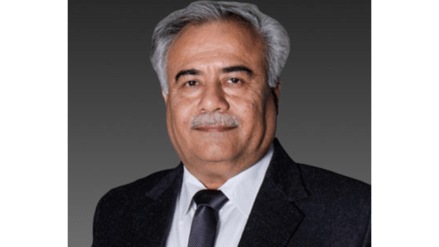Manoj K Arora, vice chancellor, BML Munjal University shares his views on opportunities and obstacles of Indian education system with FE Education Online.
– What is the best thing about today’s education system?
The Higher Education system is passing through a very interesting phase. The launch of New Education policy, reorganisation of regulators and accreditation bodies, the dual degree programmes, emergence of online learning and the emphasis on teacher education are some of the key initiatives of Government of India, which will bring significant improvement in the quality of education in the country.
The thought leadership at the top is very proactive in bringing change in the education system. The more robustness of- and the flexibility in- the education system would be the hallmark of our nation’s development, as we strive for a developed nation in 2047 as envisaged by our Prime Minister in his Independence Day Speech.
– What is the one thing you would like to change in the system?
I would like to see our students knowledgeable, skilled and ethical. Therefore, if the curricula have seamless integration of vocational, skill and value education courses, it will change the character of education in the country.
In this process, the digitalisation of each and every aspect of education right from infrastructure to teaching learning processes, to content design, development and delivery, and assessments would become the core requirement.
– What is the role digital has played in the evolution of the education system?
Today’s generation needs to be empowered to learn from anywhere, at any time and at any point of their career. And looking at the scale of education in India, we cannot sustain and maintain the quality of education, unless the education system is digital. The blended learning, the hybrid learning, the MOOCs, the flip classroom learning, would become the order of the day.
– What has been the disadvantage of digital in education?
This would certainly require a change in mindset of students and faculty, who themselves need to become digital, and hence the training of the learned community to adopt and adapt the technology. Unless that happens, the digitalisation of the education system will not be successful. Therefore, I do not see any disadvantage in it, provided we use it effectively. The arrival of 5G will certainly aid the improvement in the digital infrastructure of the country.
– What is the career advice you would like to give to students?
If we can make our education system so flexible that students can construct their own degrees and specialisations as per their career aspirations and passions, perhaps we would be doing a great favour to the current generation. The present breed of students is very smart and are learned and conscious about their careers. My only advice to them is to focus on Learning and imbibe 21st century skills. They should build their own curricula that are aligned with the career path which they want to choose.
Also Read: How educational institutes can create an effective and increasingly efficient work model, the no-code way
